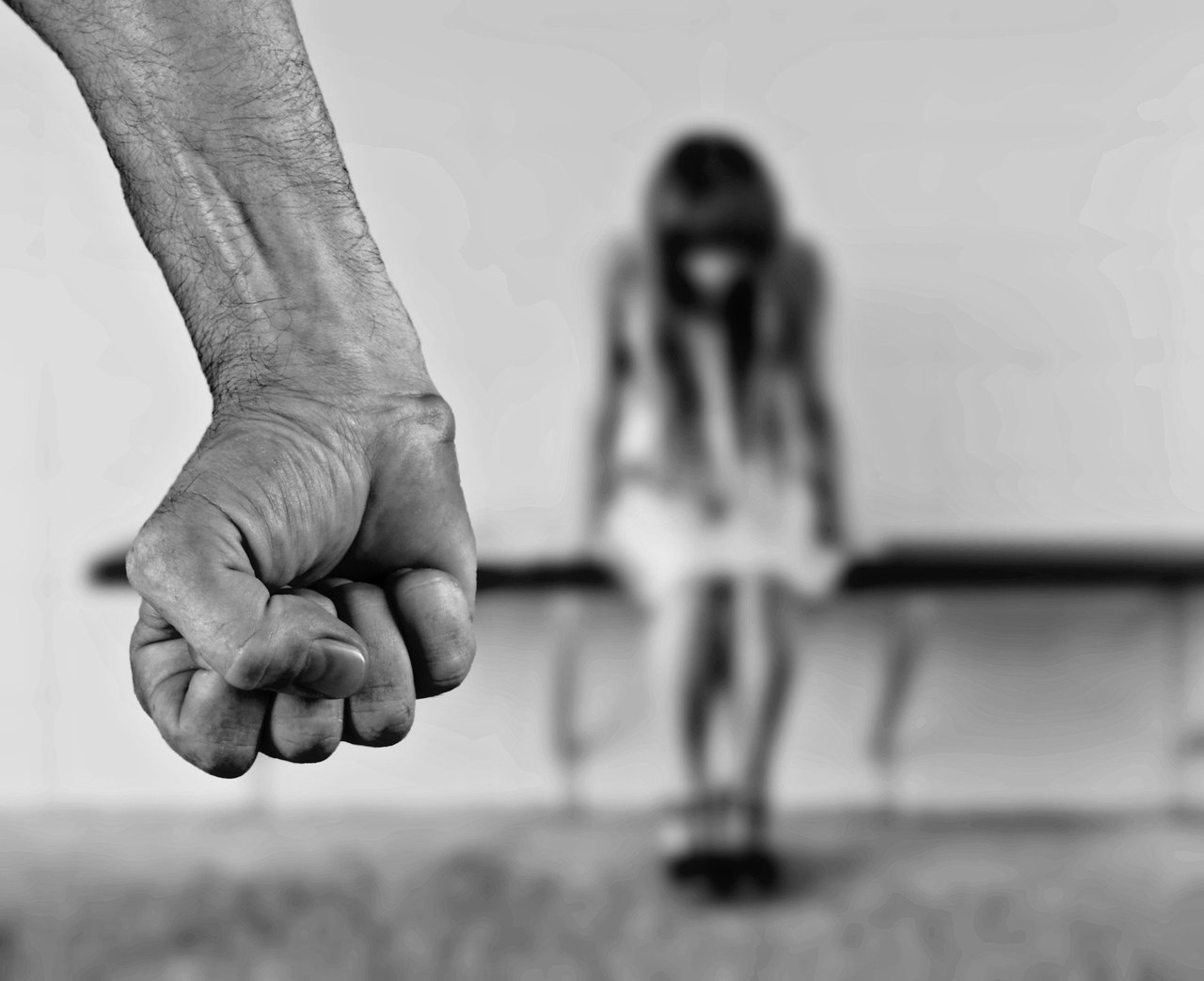India today stands at a moment of deep contradiction. On the one hand, the nation is racing forward in technology, business, and global influence. Young people are accessing opportunities never dreamed of before, and social norms are beginning to shift in many areas of life. On the other hand, there continue to be headlines filled with stories of violence, domestic abuse, and brutal crimes. A large number of these crimes have one common root — the way men understand and practice masculinity.

In Indian society, masculinity is often defined by domination, power, and control. From childhood, boys are taught that to be a “real man” means to be tough, unemotional, and commanding. Crying, showing vulnerability, or admitting weakness is seen as shameful, while aggression and pride are celebrated. A man is supposed to provide, protect, and lead, but not to feel, share responsibilities at home, or express doubt. These expectations may sound like markers of strength, yet in truth they create fragile egos — a delicate sense of self-worth that depends on constant recognition from others. And when these egos feel threatened, many men react with anger, violence, or cruelty.
The problem is not new, but in modern India, it has become especially sharp. More women are educated, financially independent, and active in public life. Old hierarchies are being challenged, and men who cling to outdated ideas of “manhood” often see equality not as progress, but as personal loss. When a woman rejects a man’s proposal, he may interpret it as an insult to his masculinity rather than her right to choose. When wives earn more, some husbands feel humiliated. In extreme cases, fragile pride turns into harassment, assault, or even murder. Thus, what begins as cultural conditioning within homes and schools manifests later as brutal crimes on the streets.

We cannot understand everyday violence in India without examining this fragile masculinity. Acid attacks, for example, are rarely random. In most cases, they are carried out by men who cannot accept rejection and want to “teach a lesson.” Similarly, honor killings often happen when young couples defy family expectations of caste or community, and male relatives feel their authority is damaged. Domestic abuse too reflects the same belief that a man’s role is to control and a woman’s role is to obey. Even horrifying gang rapes are less about lust than about power — acts where men use women’s bodies to display dominance to each other and to society. These crimes are not accidents of passion; they are brutal consequences of a culture that links masculinity with control and fragile honor.
What makes the problem more complex is that toxic forms of masculinity hurt men as well. While women carry the heavier share of suffering due to violence, men themselves become prisoners of narrow gender expectations. From a young age, boys are discouraged from crying or talking about fear. If they prefer dance to cricket, they may be mocked. If they fail to perform as breadwinners, they are shamed. Many men, unable to express loneliness or stress, fall into depression, addiction, or in extreme cases, suicide. In this way, the same cultural script that grants men power also steals their humanity.

Yet, despite the seriousness of the problem, there are signs of change. With globalization and wider access to education, new philosophies of masculinity are slowly emerging. Many younger men begin to see value in sharing responsibilities at home, being emotionally open, and treating women as equals rather than dependents. Campaigns and movements have started to include men in discussions on gender justice, showing them that fighting patriarchy is not only a women’s issue, but one that frees men too. Cinema and advertising, though still guilty of stereotyping, have in recent years offered counter-images of sensitive fathers, respectful partners, and male role models who celebrate equality.
But progress is slow, and much work remains to be done. Rethinking masculinity in India requires change at many levels. Families must raise boys not as privileged kings of the household but as equal contributors who share duties with sisters. Schools must actively address bullying, gender stereotypes, and teach children that compassion and cooperation are marks of strength. Media producers should recognize their responsibility in shaping public imagination, moving away from romanticizing stalking or glorifying violence in heroes. The legal system must respond not only with punishments but also with rehabilitation, teaching offenders what it really means to respect others. And importantly, mental health resources must be made accessible so that men can seek help without stigma.

The real solution lies not in denying masculinity but in giving it new meaning. True strength is not in controlling someone else but in controlling one’s own anger. True leadership is not in commanding obedience but in practicing fairness and empathy. Courage is not shown through violence but through standing against injustice. Success is not only measured in salary or social dominance but also in one’s ability to care, share, and build healthy relationships. This healthier version of masculinity is not foreign; it already exists in everyday acts of men who choose kindness over aggression, respect over dominance, and partnership over control. They are the quiet role models who demonstrate that masculinity can be freeing rather than destructive.
India cannot hope for safer streets and homes without addressing masculinity head-on. Fragile egos will continue to turn into brutal crimes unless society changes the way it raises its sons and celebrates its men. The questions we must ask today are not just about punishing wrongdoers but about preventing boys from growing into men who see equality as an insult. If half the population is trapped in outdated notions of what it means to be “manly,” then true progress — social as well as economic — will always remain incomplete.

Rethinking masculinity is not about attacking men, nor is it about dismantling strength or ambition. It is about building a society where men can be fully human — strong yet gentle, ambitious yet respectful, proud yet humble. It is about making space for men to cry without shame, to love without control, and to support without feeling weak. It is about allowing women to live without fear of fragile male pride. And it is about ensuring that power no longer finds expression through domination, but through responsibility and justice.
The way India imagines masculinity today will shape the kind of nation it becomes tomorrow. Will we continue to let fragile egos spiral into brutal crimes, or will we nurture a culture where masculinity means dignity, respect, and balance? The answer lies in our homes, our schools, our media, and in the choices men themselves make every day. One thing is certain: without rethinking masculinity, the dream of a modern, equal, and truly safe India will always remain unfinished.
With inputs from agencies
Image Source: Multiple agencies
© Copyright 2025. All Rights Reserved. Powered by Vygr Media.


























